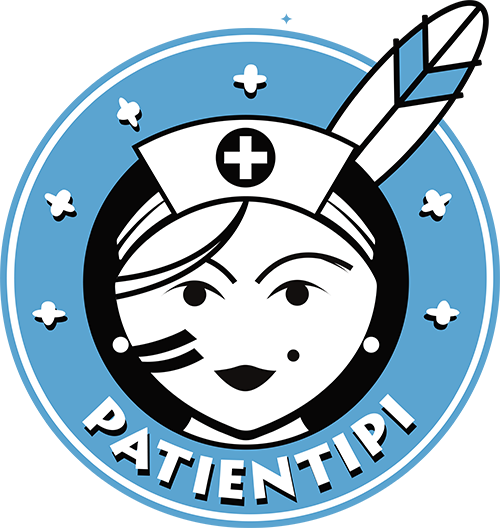Romania
Dear fellow caregivers,
You are welcoming a patient from Romania.
Here is a list of useful information to know in the context of his medical care.
General Information
Distance Paris – – – > – – Bucharest : 1162 miles
22.2 million inhabitants / Average salary: $370 per month
Literacy rate: 98.77% / Life expectancy: 75.1 years
Spoken language : Romanian
● Romania was under communist control until 1989.
● Romanians can remain suspicious of strangers and establishing a relationship with the nursing staff is necessary for perfect communication.
Communication

● The handshake, avoiding staring each other in the eyes, is de rigueur during the first meeting, for both men and women.
● Hand-kissing is still practiced, especially in the countryside.
Beliefs, Practices & Rituals

● 81% of Romanians are Orthodox Christians.
● The luda (bear’s garlic) is known for its depurative and diuretic role. It cleans the blood, liver, kidneys and bladder, stomach and intestines.
In Romania, some people voluntarily sting themselves with bees for therapeutic purposes, particularly against arthrosis.
Eating habits

● Romanians usually have a hearty breakfast, consisting of soup, raw vegetables, meat, cheese and dessert, in addition to coffee or tea. Then they work until 2-4pm and go home for a meal. A last meal, quite close to the previous one, is taken around 8 pm.
● The cuisine is generally simple and healthy with specialties such as “Ciorbă from burtă”, “sarmale” and “țuică”.
● Snacking is widespread.
Pregnancy and motherhood

● Many Romanian women continue to smoke during pregnancy.
● If the woman’s desires are not fulfilled, she will consume certain herbal dishes and drinks, mostly some species of orchids, rose and white lilac, which are boiled with honey or wine, or 9 heads of garlic.
● It is believed that the loss of a child is associated with evil spirits.
End-of-life care

● Family support is very important for the dignity and mental health of patients at the end of life.
● Autonomy and independence are important principles.
● Palliative care, especially for pediatric services, is underdeveloped and unevenly distributed in Romania. For this reason, there may be little information on this subject.
● For some people, the diagnosis of a chronic/severe illness may want to be hidden from relatives.
● Some patients may prefer to receive care at home.
Examples
This section allows us to share experiences. Feel free to share yours with the community.
Sources :
Cleveland Clinic – Diversity Toolkit
Roumanie.fr – Bien communiquer avec des Roumains
Adina Hulubaş – Romanian Beliefs and Rites of Pregnancy with Special Reference to Moldova
Joanna Kretsu-Kantsyr – Birth and Death in the Romanian Folk Belief
European Association for Palliative Care – HOSPICE Casa Sperantei – reaching the scattered homes
